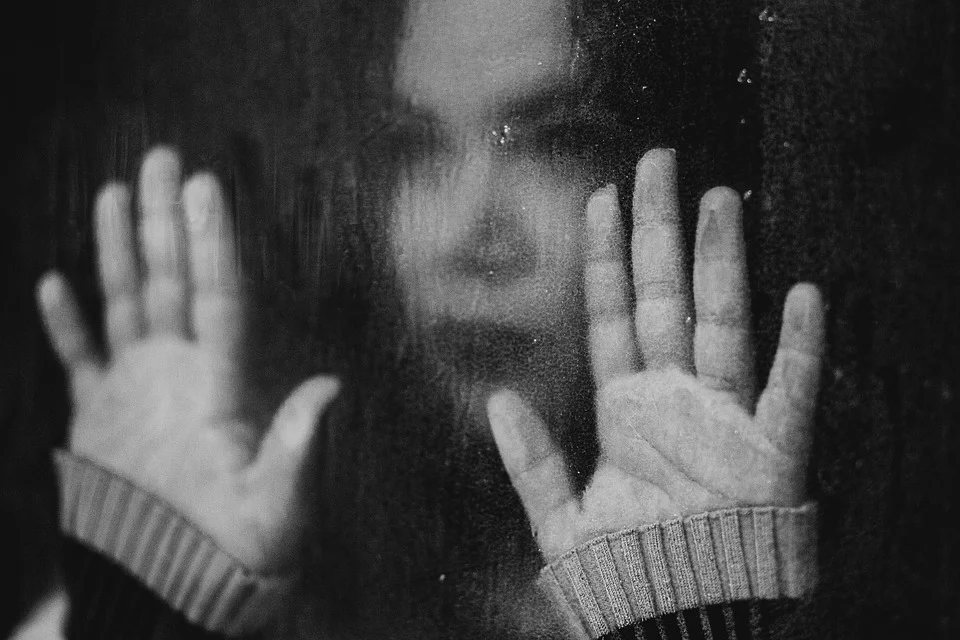Addiction can take many forms. A person can be addicted to drugs, alcohol, nicotine, video games, pornography, and shopping just to name a few. Of course, the big three addictions would be drugs, alcohol, and gambling, since those have the most negative effects on the addicted person and the people around them. It’s important to remember that while each person and their situation are different, addiction is an illness, which means there are certain things that can help you get better no matter what you’re addicted to.
-
Seek Professional Help
Even if you think your problems are under control, remember that addiction is an illness. It can be hard to admit to yourself and the people around you how bad things have gotten, but it’s never too late for treatment. A good treatment center will provide you with a plan that will be specific to you individually while still tackling the issue as a whole. Depending on what would work best for you, you can talk to someone individually, or decide on residential treatment. If you’re yet to go through your withdrawal period, staying at a place where there won’t be any temptations or stressors could prove to be valuable to get you through that first stage.
-
Cut Contact With Enablers
Due to the nature of the illness, addicts usually have their entire lives focused on the thing they’re addicted to. That means that in most cases, the people you’re friends with, a significant other, or even your family, are enablers. Most of the time, these people don’t mean to enable you. It’s just that they’ve adapted to your behavior and now they go around their lives thinking everything is fine when in fact it’s not. Just like you need to cut contact with the person that’s providing you with the substance you abuse, it’s important to cut contact with the people that don’t want to work with you during the recovery process. At least for a while, until you get your bearings in order, you should make sure you only talk to people that recognize your addiction for what it is and are willing to take steps themselves to change what they’re doing wrong in order to make sure you get the support you need during this time.
-
Recognize Your Triggers
In short, triggers are things that remind you of the thing you’re addicted to and make you want to use it again. They can be direct – the substance itself of tools for using it, and most people know they need to avoid these. However, triggers can also be indirect things – going to a coffee shop where you met someone you’ve been using with, a commercial, or even a word. Other than that, common triggers include stress, heightened emotions (both positive and negative), and boredom. A trigger can be anything really, at least at first, and the only way to find out what they are is to maintain constant vigilance over yourself. When you learn what your triggers are, you’ll be better equipped to avoid them, which can help curb your cravings, and keep you on the path to recovery.
-
Create A Daily Plan
Besides the fact that boredom can be a trigger, no matter what you are addicted to, chances are something bad happened that made you come to grips with it. Once people start getting clean, it’s not unusual for them to constantly look back on their lives and focus on the mistakes they made. This is something you want to avoid doing, however, at least until you become a bit more stable in your recovery. Strong emotions – both positive and negative, can lead to relapse, especially if they are so intruding. Having a daily plan – one that accounts for everything you’re going to do that day and the time you’re going to do it at can help you focus and take it day by day. From waking up and brushing your teeth to doing the laundry – if you don’t leave any free time unaccounted for, you won’t be in a position where you get bored, or don’t know what to do. And if emotions do get the best of you – you’ll have something to hold out to and ride it out until you calm down.
-
Don’t Substitute Addictions
Because of the way brains work, once you’re addicted to something, it will be much easier to develop another addiction as well. Sometimes, especially when the person is trying to go through it without professional guidance, they will stop using the substance they’re primarily addicted to completely, but they will start using something else. In a way, it’s like an unhealthy coping mechanism – it’s what you know, and you need to monitor yourself to make sure that’s not what you’re doing. While it usually takes time for someone to develop a habit, a person that already struggles with addiction will fall prey to it much faster and will have a harder time controlling their impulses and cravings. It’s a good idea to avoid anything that has the potential of being addictive for at least the first few months until you get back on your feet.
Recognizing that you have a problem is the first big step to recovery. Now, it’s important to take the necessary steps that can help you on the way to getting better so you can make the most out of it. Use the tips mentioned in this article to help yourself stay on track, and remember that it’s okay to ask for help. You’d ask for help if you had the flu too, wouldn’t you?



